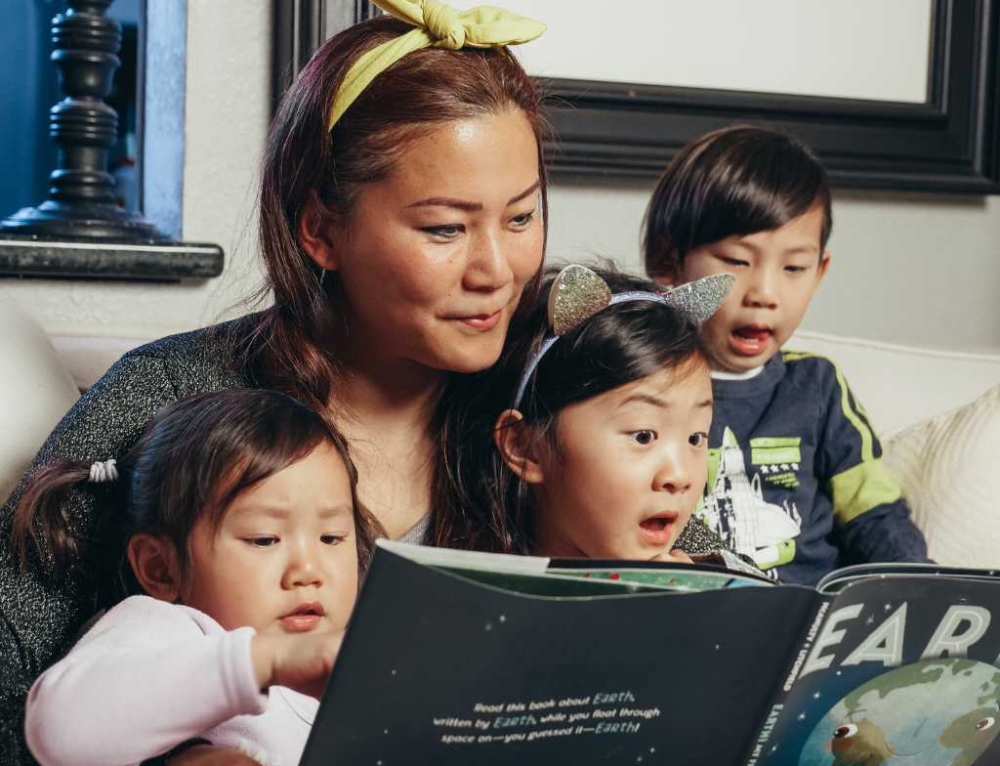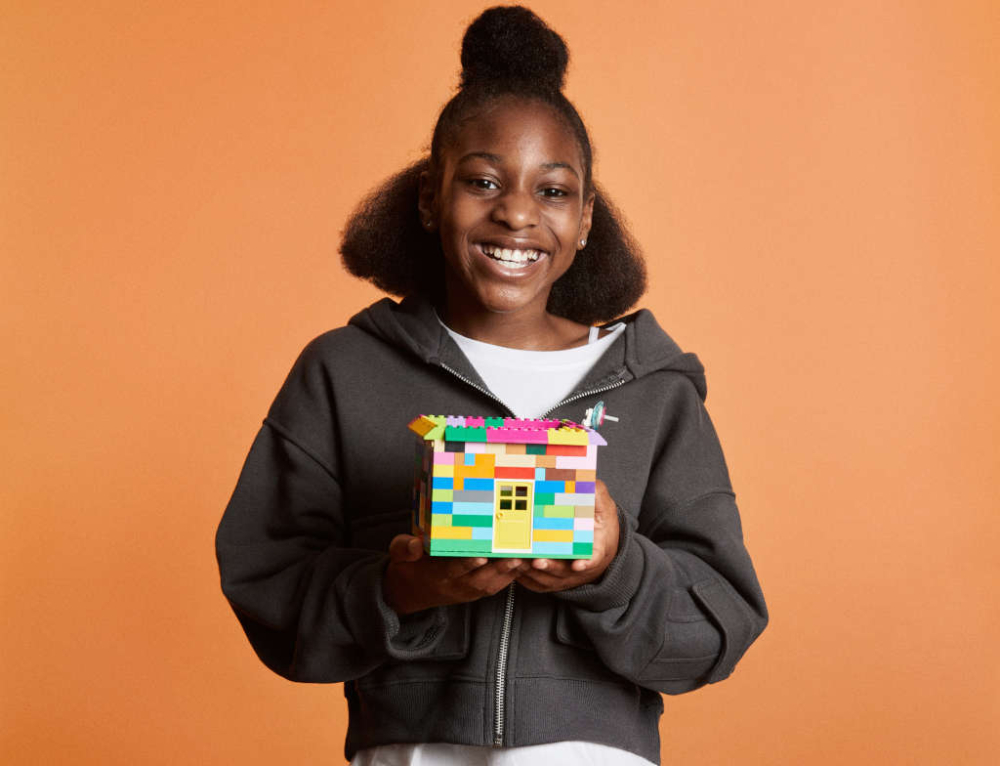Children of this age have reached the majority of their milestones and this age group is working to refine those skills already developed. Children are required to not just listen to information but to critically analyse using their listening skills. Speech and Language Milestones are divided by Speech Therapists, and professionals in the field, into the 6 different categories below, which are all equally important.
Audition (Listening)
Audition is the development of listening skills. Children at this age are critical analysing information when listening. They understand how the presentation of information may alter the message the audience interprets and therefore are looking to make connections to what they are hearing and measure this against their own knowledge and opinions. Children can listen and respond to various points of view in a discussion. Encourage your child to listen to stories or news reports and retell what they have heard to family members. Children understand that listening can be similar to reading in that they can skim and scan information presented to them orally to focus on the key points. Their role as an audience member is understood and they can follow general rules eg we laugh out loud at jokes but we do not call out or interject in a speech.
Receptive Language (what your child understands)
Children are now listening to increasingly complex information which may be presented by guest speakers, recordings, documentary or news reports (such as kids programs Behind the News, ABC) or re-enactments. They are listening to longer recounts which may include persuasive arguments and historical recounts. Children need to combine their receptive language skills with listening skills to understand which comprehension strategies best match the information presented. They are also planning prior to speaking and have a range of strategies such as listening to others, researching and creating mind maps or carrying out surveys.
Expressive Language (what your child says)
Children at this age are able to explain results through discussions. They can persuade by presenting a well formed, convincing argument for or against an issue. They can use their knowledge of language for power. An example of this is understanding how jargon (technical language specific to a topic) is used to include or exclude groups. Children at this age are using props, visual aids or knowledge of the audience to present information in an engaging manner. Children are also experimenting with presenting the same information or facts in different ways depending on the perspective of audience members. Many students of this age are completing units of work on Government and politician’s speeches are usually examined as examples of this. Further children are learning how to use questions of others to continue and strengthen their own argument in discussions. Students enjoy interviewing peers at this age.
Speech (talking and forming words and sounds correctly)
Children of this age are now speaking fluently and are using appropriate pitch, volume and pause for emphasis such as when public speaking. Children should have all speech sounds formed and no articulation errors.
Cognition (comprehension of concepts)
Children of this age should have a vocabulary which shows their comprehension of the concept of certainty such as could, should. Children read texts with increasingly complex plots and their understanding of characterisation should be shown in their speech with the use of evaluative nouns such as hero and villain. Evaluative nouns are also used to describe event such as miracle and disaster. Children are able to identify when information being told to them is an opinion as opposed to a fact. They should be aware of colloquial speech. Children will understand the purpose of a debate and the role of each speaker.
Pragmatics (Effective Social Communication Skills
Children of this age should have well developed conversational skills and be able to use their language skills to negotiate in situations where there is conflict. Socialisation skills are required to cope with the contribution of others to conversation, to determine a shared understanding of events or to cope with changes to topics, as well as formulate apologies. Children have an understanding of how language rules change to indicate closeness in a relationship and how tone and body language support the words spoken in conveying respect. An example is that children understand how to interact differently with the School Principal then with dad.
Important: Children at this age have an understanding of social conventions and can be polite, apologise and read most social cues. Their speech can sound almost adult like. During this time girls can develop very empathetic speech and boy’s very assertive speech. However parents must remember that while they may sound like adults their social and emotional development may not be at the same milestone level. Children of this age still require support to use language to talk about how they speak and explain their thinking.
This article was written by Michelle Barrington for Kidspot, New Zealand’s leading education resource for parents. Michelle is a teacher and mother who blogs at Gee, You’re Brave.







Leave A Comment
You must be logged in to post a comment.